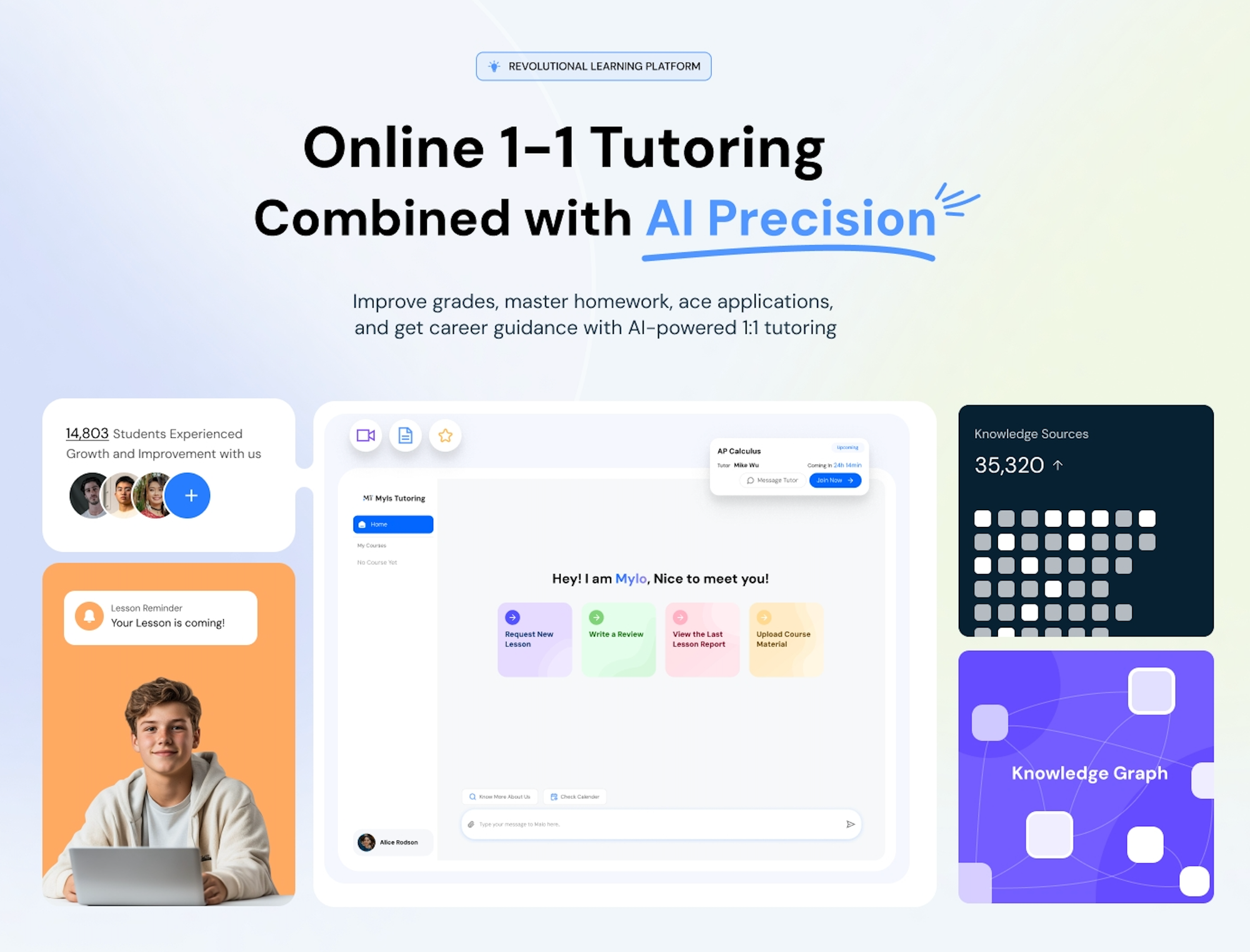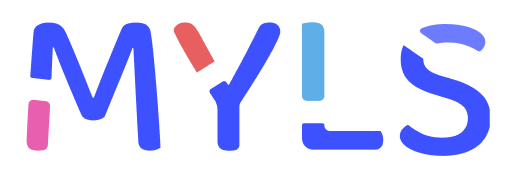The Science of Learning: Why Repetition and Feedback Matter
Repetition strengthens memory, and feedback sharpens understanding—but together, they unlock deep learning. This blog explores the science behind why repetition and feedback work, and how Myls Tutoring uses these proven methods to help students build confidence and long-term academic success.

Why do we remember some things instantly but forget others days—or even minutes—later? The answer lies not just in how much we study, but in how we learn. Cognitive science has consistently shown that two core practices—repetition and feedback—are foundational to building long-term understanding and academic success. These aren’t just strategies for memorization; they’re backed by decades of research in educational psychology and neuroscience.
The Role of Repetition in Learning
Repetition isn’t about mindlessly rereading or drilling information—it’s about reinforcing connections in the brain. Each time a student recalls information or applies a concept, it strengthens the neural pathways associated with that learning. This process, known as long-term potentiation, helps encode knowledge more securely in memory[^1].
But timing is everything. Spaced repetition, where practice is distributed over increasing intervals, is far more effective than cramming. This technique takes advantage of the brain’s forgetting curve, a concept developed by German psychologist Hermann Ebbinghaus in the 19th century. He discovered that our ability to retain information declines quickly after learning it—but with timely reviews, the curve flattens, and retention improves[^2].
This is why students who revisit material consistently—days or even weeks after initial exposure—perform significantly better on tests and in real-world applications than those who rely on last-minute reviews. Spaced repetition tools like flashcards or cumulative practice questions are now common in language learning apps and test prep platforms for this very reason.
Why Feedback Accelerates Learning
While repetition helps reinforce memory, feedback ensures accuracy. Without feedback, students may unknowingly reinforce incorrect ideas, a phenomenon known as illusion of competence. Feedback acts as a corrective mechanism—it not only tells students what they got wrong but helps them understand why.
Studies have shown that feedback is most effective when it is:
- Timely: Provided soon after the task, while the experience is still fresh[^3].
- Specific: Clearly explains what was done well and what needs improvement.
- Actionable: Offers strategies for how to improve performance.
In a 2008 meta-analysis by John Hattie and Helen Timperley, feedback was found to have one of the highest effects on student achievement among instructional interventions[^4]. Importantly, the study emphasized that feedback should bridge the gap between current performance and learning goals, not simply judge the learner. Therefore, finding a tutor is beneficial for identifying and addressing those gaps.
The Synergy Between Repetition and Feedback
These two principles—repetition and feedback—don’t operate in isolation. When used together, they form a powerful learning loop. Repetition provides the opportunity to recall and apply information. Feedback guides the learner on how to do it more accurately next time. Over time, this iterative cycle improves understanding, deepens skills, and boosts confidence.
This synergy is especially important in complex subjects like mathematics, science, and essay writing, where multiple concepts build on one another. Without regular practice and correction, misconceptions can easily pile up. But with timely feedback, students can course-correct and build a more accurate mental model of the subject.
Motivation and Confidence Through Mastery
Mastery learning is based on the idea that given enough time and appropriate feedback, all students can achieve a high level of understanding. When students practice skills with consistent guidance and see their improvement over time, they feel more in control of their learning. This improves their self-efficacy, which in turn increases persistence and motivation.
In contrast, students who lack repetition and feedback often experience stagnation or confusion. They may put in hours of effort but fail to make progress—leading to frustration and disengagement.
How Myls Tutoring Reinforces Effective Learning

At Myls Tutoring, our philosophy is rooted in this science of learning. We don’t just help students get through homework—we help them master concepts and become confident learners.
✔️ Repetition with Purpose: Our online tutors design lessons that incorporate deliberate practice and spaced review. Whether preparing for standardized tests, writing essays, or tackling difficult math problems, students revisit material in ways that promote long-term understanding.
✔️ Real-Time Feedback: Each session includes immediate, personalized feedback. Students don’t have to wait days to find out what they did wrong. Online tutors explain both the what and the why, reinforcing clarity and correcting misunderstandings on the spot.
✔️ AI-Enhanced Progress Tracking: Myls Online Tutoring Platform uses AI-driven technology to analyze where students struggle and where they’re improving. This allows tutors to customize future lessons and ensure repetition is targeted—not random.
✔️ Student-Led Reflection: We guide students to reflect on their learning and self-assess their progress. This helps build metacognition—another critical component in effective learning.
✔️ Built-in Practice Tools: With access to thousands of practice real questions, interactive exercises, and mock tests, students can reinforce what they’ve learned outside of tutoring sessions as well.
📘 Ready to Learn Smarter?
Book a 30-minute trial lesson today and discover how Myls Tutoring helps students master material—not just memorize it. With a focus on repetition, feedback, and strategic progress tracking, we empower learners to take control of their education and excel.
References:
[^1]: Kandel, E. R. (2001). The molecular biology of memory storage: a dialog between genes and synapses. Science, 294(5544), 1030–1038. https://doi.org/10.1126/science.1067020
[^2]: Cepeda, N. J., Pashler, H., Vul, E., Wixted, J. T., & Rohrer, D. (2006). Distributed practice in verbal recall tasks: A review and quantitative synthesis. Psychological Bulletin, 132(3), 354–380. https://doi.org/10.1037/0033-2909.132.3.354
[^3]: Shute, V. J. (2008). Focus on formative feedback. Review of Educational Research, 78(1), 153–189. https://doi.org/10.3102/0034654307313795
[^4]: Hattie, J., & Timperley, H. (2007). The power of feedback. Review of Educational Research, 77(1), 81–112. https://doi.org/10.3102/003465430298487




